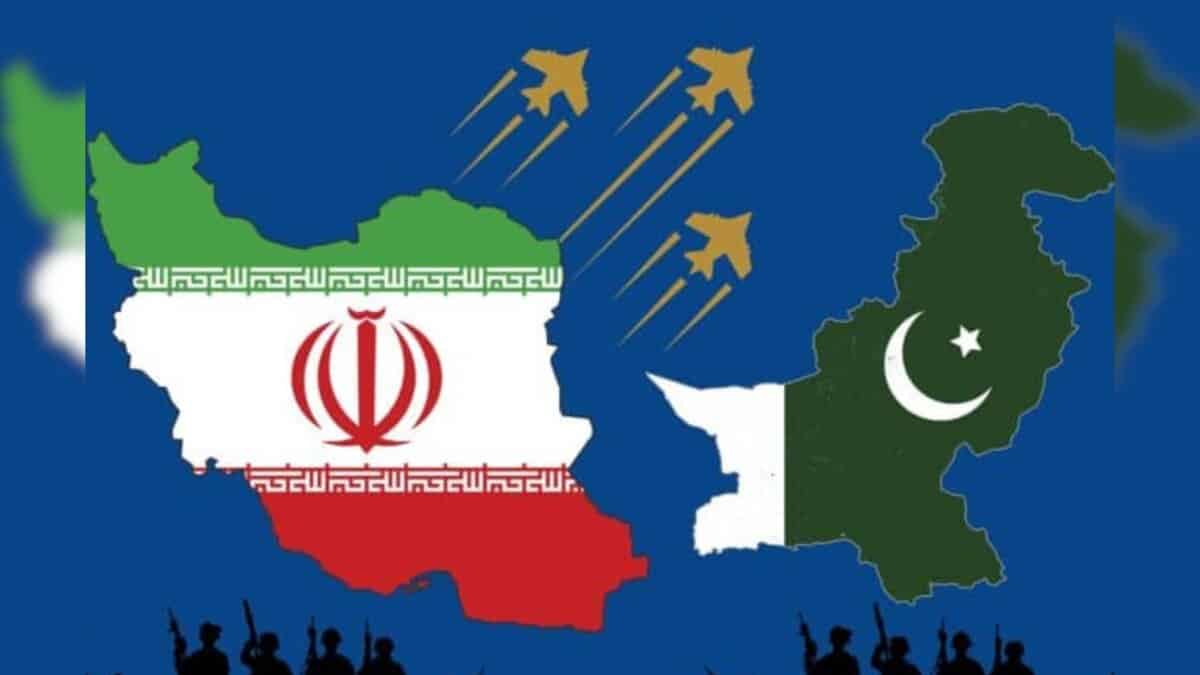
A top Iranian official has asserted that Pakistan would retaliate with a nuclear attack on Israel if Israel attacks Iran with nuclear bombs — something promptly denied by Islamabad.
“Pakistan has informed us that if Israel drops a nuclear bomb on Iran, then Pakistan will also drop a nuclear bomb on Israel,” IRGC commander and Iranian National Security Council member General Mohsen Rezaei asserted on Iranian television.
The comments came amid escalating tensions in the Middle East, with Iran and Israel trading missile fire and threats of further escalation.
But Pakistan Defence Minister Khawaja Muhammad Asif rejected the claim, stating Islamabad had made no such promise. Later, in a tweet on X, Asif said Israel’s unannounced nuclear capability, in the prevailing precarious environment, might give it the confidence to act more boldly, increasing the danger of a broader regional war.
While Islamabad dismissed any speculation on nuclear retaliation, it has come out in open support of Iran in the larger conflict with Israel. In the wake of the Tehran attack, Pakistan promised to “stand behind Iran” and demanded Muslim solidarity against Israel, a Jewish nation.
On June 14, defense minister Khawaja Asif informed Pakistan’s National Assembly that Muslim countries should come together against Israel or else meet Iran and Palestine’s fate. “Israel has attacked Iran, Yemen, and Palestine. If the Muslim countries do not join forces now, each will suffer the same fate,” Turkiye Today quoted him as saying.
Asif also appealed to Muslim countries that still have diplomatic relations with Israel to cut off ties and asked the Organisation of Islamic Cooperation (OIC) to hold an urgent meeting to come up with a collective strategy.
Israel-Iran nuclear posturing
Israel maintains a policy of nuclear ambiguity, neither denying nor confirming its acquisition of nuclear weapons. Not withstanding this, the Jewish state is generally regarded to have a large and determined-to-be-retentive nuclear arsenal aimed at deterrence and counter-proliferation.
Iran, on the other hand, maintains its nuclear program is purely for peaceful purposes and is a signatory to the Non-Proliferation Treaty (NPT). Western countries and the IAEA have been concerned with its uranium enrichment, ballistic missiles, and secrecy over previous nuclear activities, suggesting possible military application.
Pakistan closes Iran border amid tensions
As the regional war is getting fiercer, Pakistan has closed both its ground and aerial borders with nearby Iran, trapping hundreds of individuals on both sides of the border, Anadolu Agency reported on Monday.
The border closure, implemented on Sunday, will lead to shortages in food and contraband oil in some regions of Pakistan’s southwestern province of Balochistan, which depends significantly on cross-border imports.
There are several overland routes between the two nations, such as the Taftan border crossing in Chaghi district and Gabd-Rimdan in Gwadar district. Balochistan government spokesman Shahid Rind said that the closure was in return after Iran first established it.
“All border crossings between the two nations have been closed for trade and foot movement after Iran began the closure,” Rind informed Anadolu.
Yet he said crossings would stay open to enable Pakistani citizens who are stranded in Iran to return. No new entry into Iran will be permitted until further notice, he said.
The first group of stranded Pakistani nationals, including mostly pilgrims and students, is to return through the Taftan crossing later Monday.
At the same time, Pakistan’s Civil Aviation Authority reported that some carriers have cancelled flights to Iranian cities and Iraq amid the deteriorating security situation in the region.


